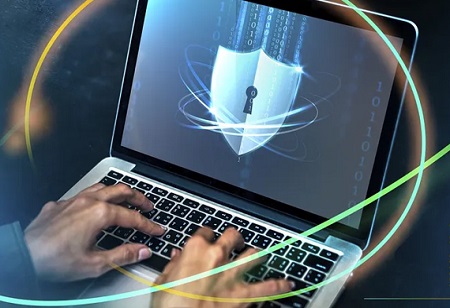In essence, personal data is any kind of information that could identify you. It could be your credit card number, medical reports, national insurance number, or even the pictures you share online. Unfortunately, in today's digital world that requires us to share much of our personal information online, this data can easily be leaked, whetherbecause of negligent website owners, or interference from hackers.
Either way, the consequences can be devastating. Therefore, it is essential to take all possible measures to prevent your personal information from falling into the wrong hands or getting lost. Read on for 7 helpful tips that can help you keep your confidential and critical data safe and secure.
1.Use Strong Passwords
The most basic precaution to prevent any unwanted party from accessing your valuable data is to use strong passwords. Use a password that combines letters, numerals, and special symbols, and which will be hard for hackers to crack. Strong passwords are essential because hackers don't guess your passwords manually anymore. Instead, they make use of high-level programs that can make a high number of guesses in a fraction of a second. You may use a password manager to manage all your passwords and keep them secure.
2.Use Private Browsing and a VPN
When you browse websites, you can potentially share a great deal of browsing and personal data without your knowledge. Therefore, it’s important to use private browsing mode to avoid sharing your browsing history. Popular browsers have this mode built-in: in Chrome, it’s known as 'Incognito mode', and on Firefox, ‘Private mode’. Furthermore, when you have to access public Wi-Fi for browsing, you should use a VPN (Virtual Private Network) so that you don’t share any personal information the network provider.
3.Beware of Credit Card Skimming
Never use your credit card for payments with merchants you don’t trust. They could use a hidden electronic device connected to the card machine to steal your card details.
